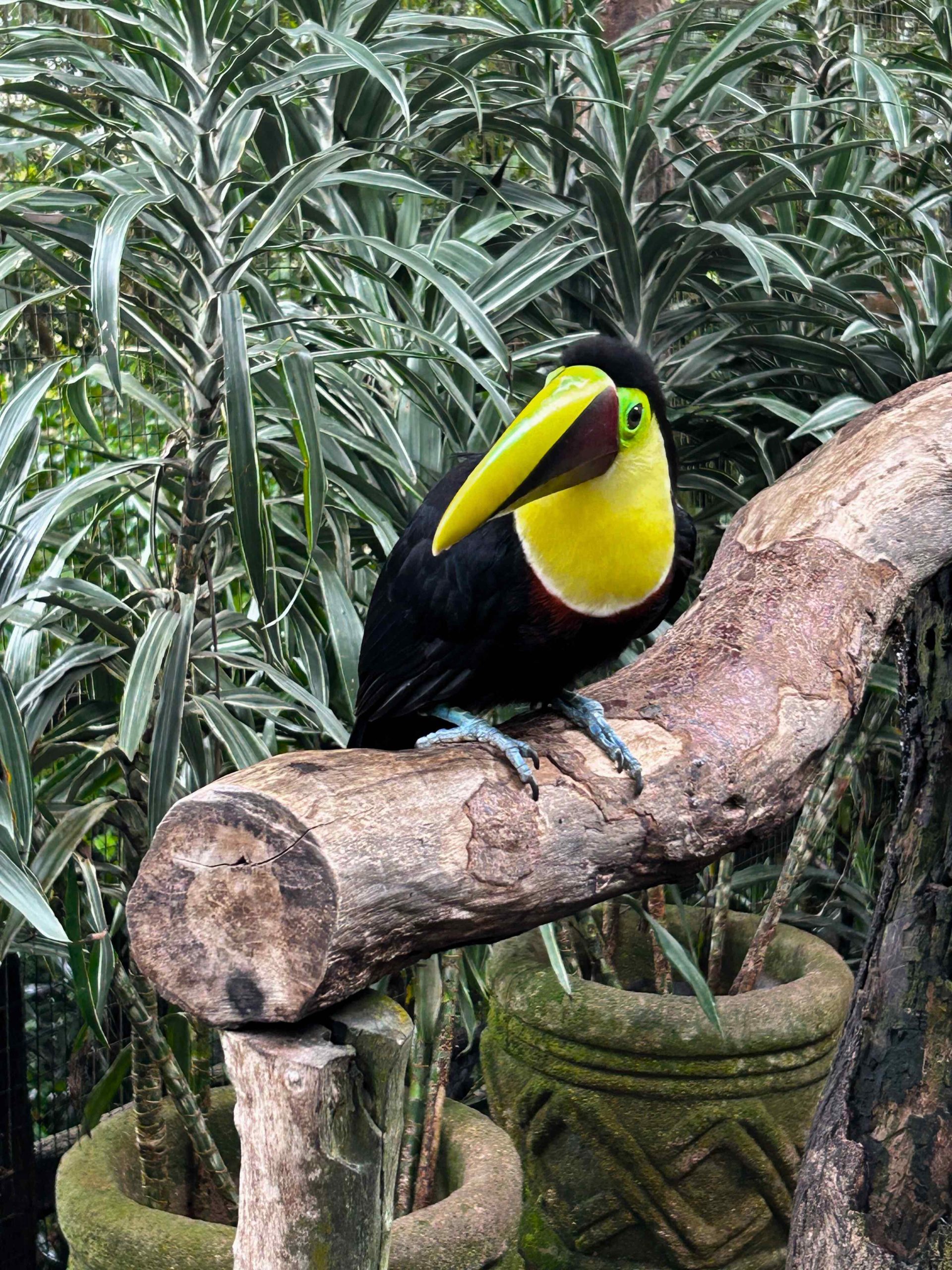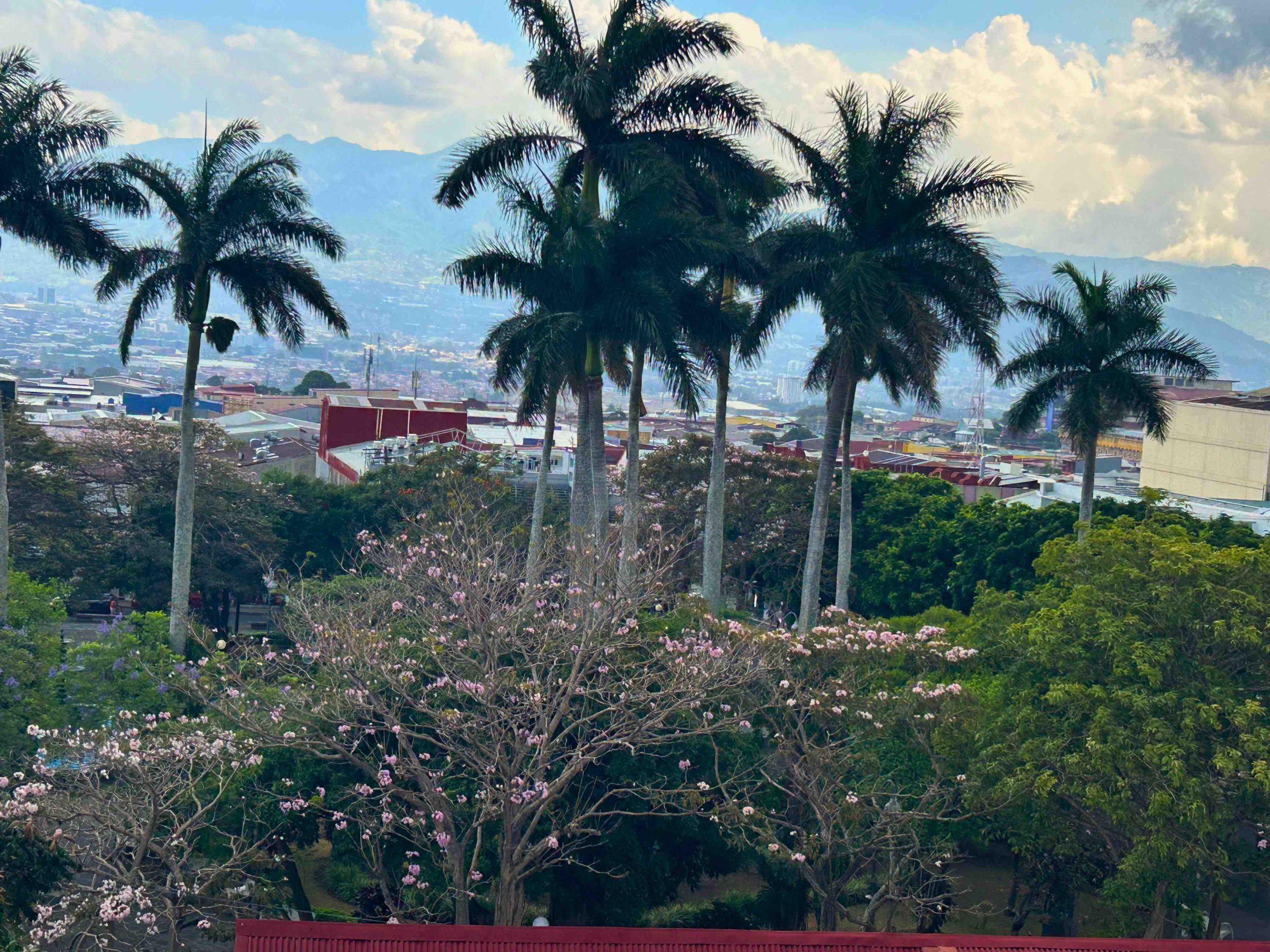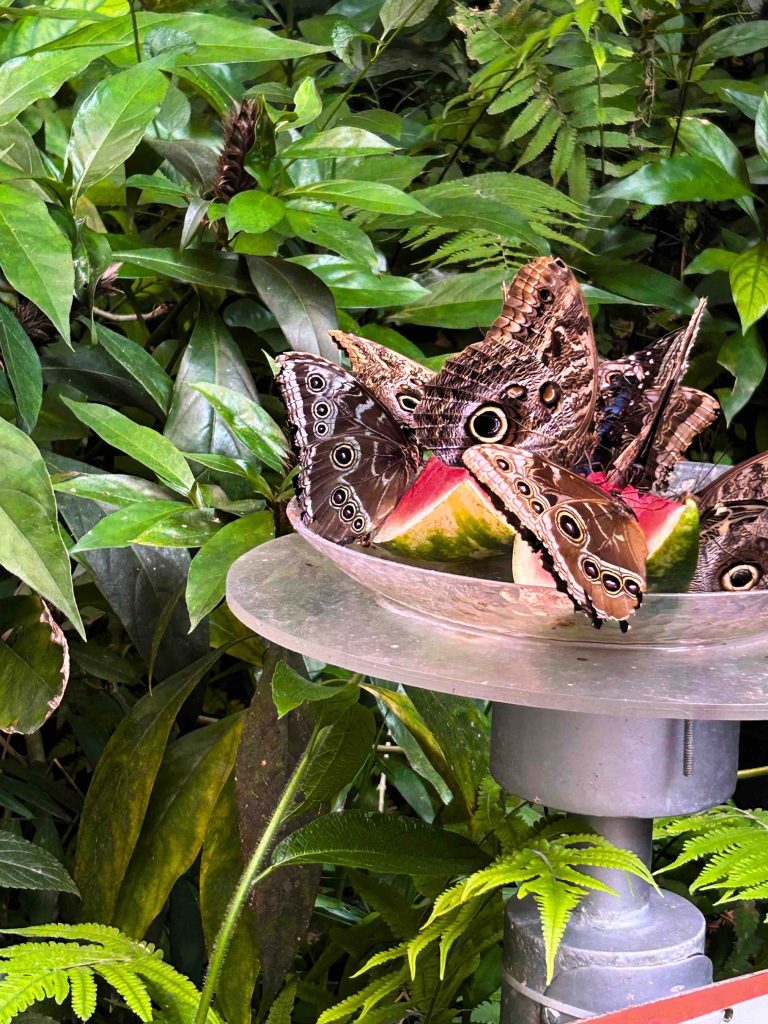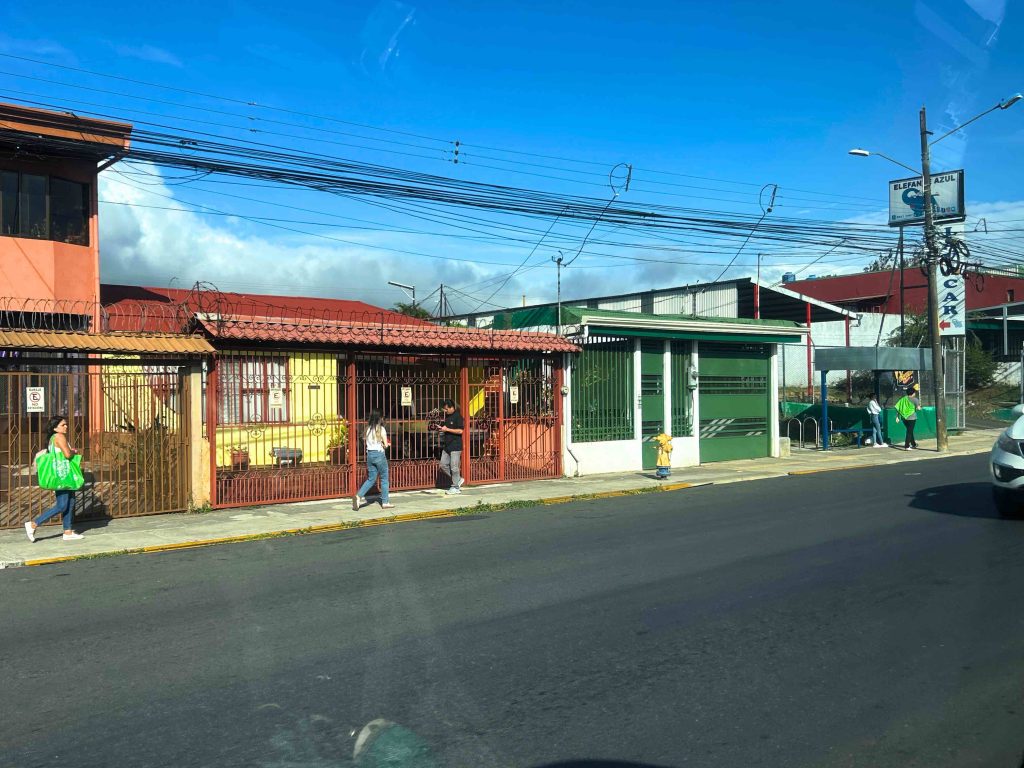“Traveling can be super important to gain exposure to ecosystems and gaining hands-on experience through classes that would never be possible in the U.S. Like you never get to swim with sharks and manta rays for a class in Maine or cross paths with a sloth on your way to your hotel room. Both of those things have happened to us here and it’s something we think everyone should experience.“
Costa Rica
WHEN: Spring Semester
WHERE: Universidad Veritas in San José, Costa Rica
ESTIMATED COST: ~ $15,000 (before financial aid)
Take 3-4 courses for 12-16 credits.

All courses approved by UMaine for transfer credit.
Zoology, Botany, and Biology majors can choose from a variety of BIO area IV and V courses with labs and field experience, as well as selecting from cultural courses. This program is also open to EES, Marine Science, Wildlife Ecology, and the UMM Integrative Biology majors.
Works exceptionally well with the Ecology concentration (Could work with Pre-med with sufficient advance planning).
San José is the capital of Costa Rica and the place to learn about the country’s fascinating culture. Food, art, and people flow in from all directions. You can use the capital as your launching point to discover the rest of this friendly country. Beautiful national parks, picturesque mountain villages, and relaxed beach towns are nearby and easily accessible. Spend your weekends exploring volcanoes, zip-lining through the jungle, or visiting a sloth sanctuary.
Home stays with transportation to campus included
Excursions to beaches and volcanoes
With 1500 Costa Rican students and 500 international students, the campus is cosmopolitan but close-knit
Volunteer opportunities
CIS Abroad on-site student support personnel
Student Experience
“Costa Rica was a fantastic experience for me! I had the chance to practice Spanish in the home with my host family, in restaurants, and on the street. Costa Ricans I met were always friendly and happy that I was learning their language (although they wanted to practice their English too!). The country is very tranquilo. The food was delicious and I came to bond closely with my host mom and roommates while I was there. CIS was a particularly good program for me because Lisa and Mari did a great job touring the country with us on the weekends and showing us a lot of what Costa Rica had to offer. including some beautiful views, an awesome waterfall, and cool creatures of both the day and the night. I will absolutely travel back to Costa Rica someday to visit!” – Cam Hasselbaum, student
sample list of courses
- Introduction to genetics: current applications
- Permaculture for a Regenerative Culture
- Environmental Impact and Social Development
- Molecular Marine Biology
- Tropical Ecology
- Tropical Birds (Tropical Ornithology)
- Land Vertebrates of Costa Rica
- Tropical Botany: Useful plants
- Conservation Biology of Endangered Marine Species
- Freshwater Ecology (Limnology)
- Tropical Marine Biology
- Marine Mammals of Costa Rica: Biology for Conservation
- Climate Change: Impacts and adaptations
- Sustainable Development and Environmental Awareness
- Biotechnology and Sustainability
- Ecotourism: The Costa Rica Case
- Sustainability and Resource Management in the Ancient World
- Indigenous Ecology and Sustainability
- Renewable Energy and Resource Management
- Sustainable Consumption & Production
- Ecological Photography
- Costa Rican Environmental Policy, History, and Action
- Gender and Sustainability
- Systems Thinking and Sustainability
- and many more…
Most courses include an overnight field trip with a fieldwork component.






